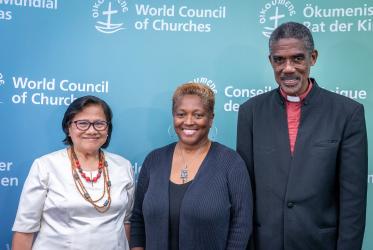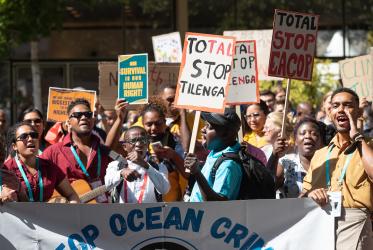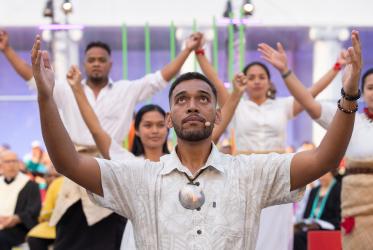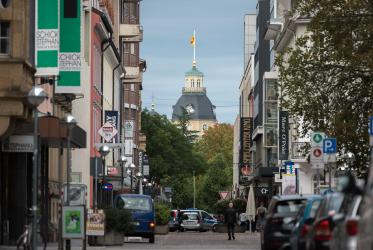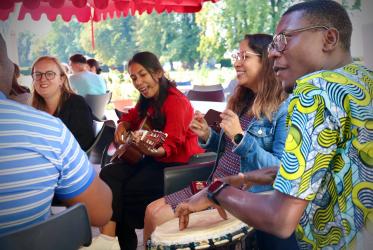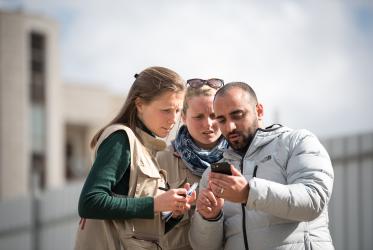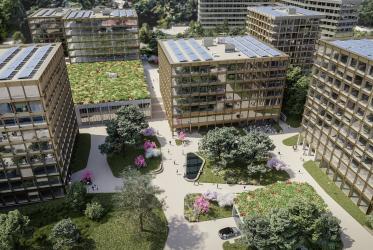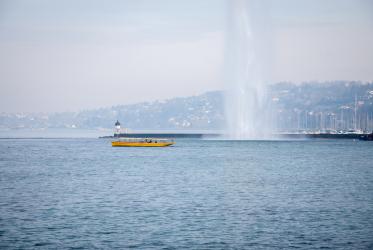Displaying 1 - 20 of 84
Uppsala 1968: The times, they were a’changing
06 September 2022
Multifaith advocacy for the climate: Not really much time left
04 September 2022
EDAN Pre-Assembly starts with induction of new members
29 August 2022
New eco-theology book combines diverse views with best practices
10 January 2022
WCC executive committee lights the way for WCC 11th Assembly
26 November 2021
Digital communicators weigh a future with “profound values at stake”
16 September 2021
In the current media landscape, who controls our public space?
14 September 2021
New academic year underway at Ecumenical Institute in Bossey
13 September 2021


